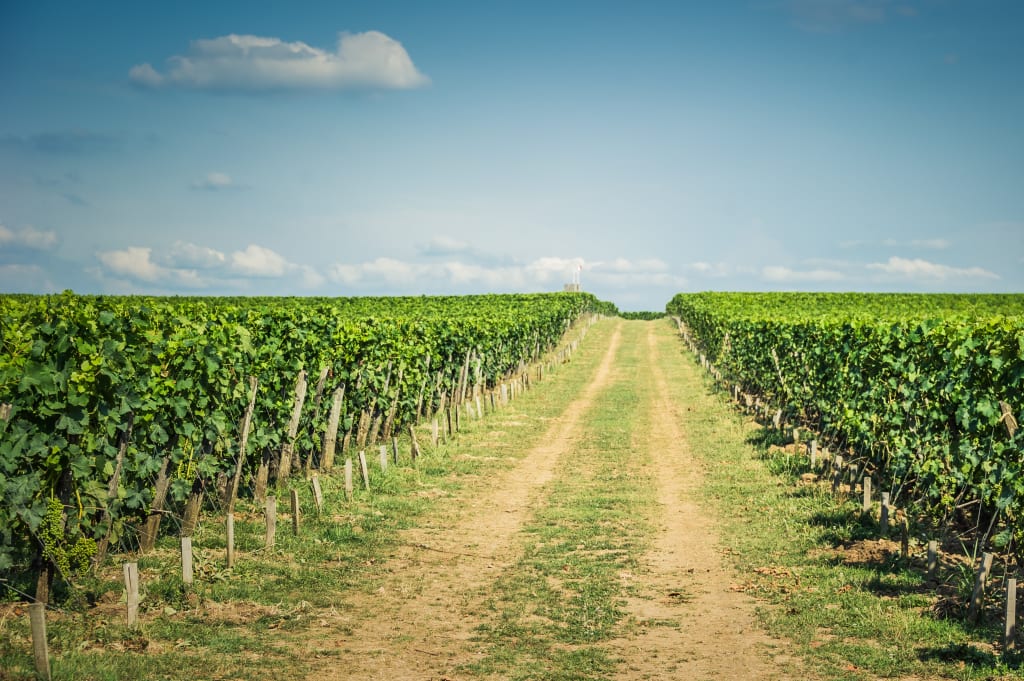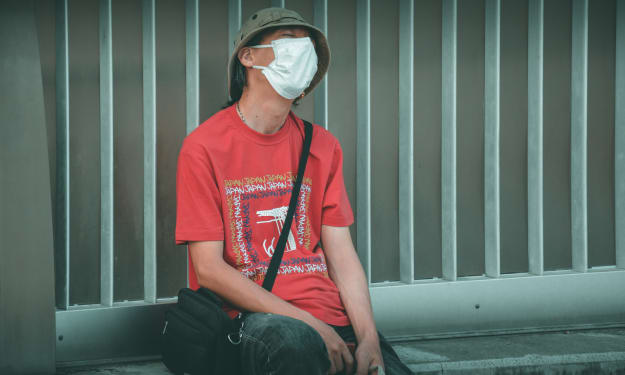Britain Charters Planes To Fly In Workers From Eastern Europe
Last year, 98% of fruit pickers – now classed as "key workers" – came from outside the UK, the vast majority from Bulgaria and Romania.

Farmers in the UK are being forced to fly in fruit and vegetable pickers from Romania using specialist charter jets to keep up with demand during the coronavirus lockdown.
Most airlines that operate in eastern Europe – including EasyJet – are grounded. A Wizz Air flight bringing in 450 people landed four weeks ago.
"We're talking about chartering planes to bring workers in," Maurel said. "It costs around £10,000 for an hour's flight carrying 229 people – that's €45,000 Sofia to London or around €250 per person." Stephanie Maurel, Concordia's chief executive, the Guardian reported on 28 March.
The first charter flight operating between Bucharest and London Stansted is landing on April 16, bringing around 180 farmworkers to Britain from eastern Europe. This is the first of six to operate in the upcoming months to bring labourers to our farms.
Country Land & Business Association has warned that farms could be short-staffed due to coronavirus travel restrictions.
A major recruiting drive to 'Feed the Nation'
Many British workers who have been made unemployed during the lockdown have applied for farming jobs, but it is not believed to be enough to fill the vacancies, according to the Times.
Farmers need about 70,000 seasonal labourers to ensure they pick crops throughout the year, almost all of whom usually come from the EU.
While there were more than 27,000 applicants in a major recruiting drive to 'Feed the Nation' during the coronavirus crisis, so far only about 4,300 of them have taken up on the offer for an interview.
After flying from Bucharest to London, the passengers will be taken to workplaces around the South East and Lincolnshire by bus. The paper said that an unnamed food produce company had chartered the flight.
Passengers will be required to follow social distancing rules and will not be permitted to leave Romania if they have coronavirus symptoms.
OBR warning of 35% fall in UK GDP
It comes as a 35% fall in UK GDP has been predicted for this year second quarter by the Office of Budget Responsibility (OBR). Experts of the independent group predict this to happen if lockdown continues for three months, followed by three more months of partly lifted restrictions. However, they expect that the economy will 'quickly bounce back'.
UK unemployment is expected to reach 10% of the working population, which is around 2,000,000 people. The Department of Work and Pensions has reported that 950,000 new claims for universal credit were made between 16 and 31 March, suggesting that a sharp increase in unemployment is already taking place.
Public sector net borrowing is also expected to increase by £218 billion in 2020 to 2021, meaning it will reach roughly 15% of GDP. That makes it the largest single-year deficit since the Second World War.
Meanwhile, public sector net debt will rise sharply thanks to a lower GDP, higher volumes of borrowing and Bank of England policy measures. The debt will surpass 100% of GDP during the year but is predicted to end at 95% as the economy recovers. That will be 10% above budget projection for 2024 to 2025. The OBR indicates public health measures as the 'main driver' in the sharp drop in GDP, with the majority of the people unable to take part in a 'large share of economic activity'.
The OBR's predictions were also calculated by looking at the Resolution Foundation's examination of past pandemics, and the impact they had on the economy.
The paper says that around 80 to 90% of the short-term economic effects of an epidemic comes from social measures to control the virus, rather than people getting ill. However, it also adds that, if the restrictions were not in place, the impact of people falling ill would be far greater.
Responding to the chilling scenario, Chancellor Rishi Sunak said: 'People should know there is hardship ahead.'
The apocalyptic picture emerged after Dominic Raab quelled the idea of an imminent loosening, with Britain now facing restrictions until at least the first week of May.
"Most of the work will still be done"?
All that came only a few weeks after home secretary Priti Patel reassured the nation about her after Brexit immigration policy. "Most of the work will still be done", she said, as there are "eight million inactive people in Britain", who can do these jobs.
Well, now, there are even more "inactive people"; still, no one is taking those jobs.
We are learning that fruit pickers are now classed as "key workers", and we are paying to bring them over. That is if we still want to have fresh fruit and veg in shops which otherwise would be left to go rotten in the fields.
About the Creator
Anton Black
I write about politics, society and the city where I live: London in the UK.
Enjoyed the story? Support the Creator.
Subscribe for free to receive all their stories in your feed. You could also pledge your support or give them a one-off tip, letting them know you appreciate their work.






Comments
There are no comments for this story
Be the first to respond and start the conversation.